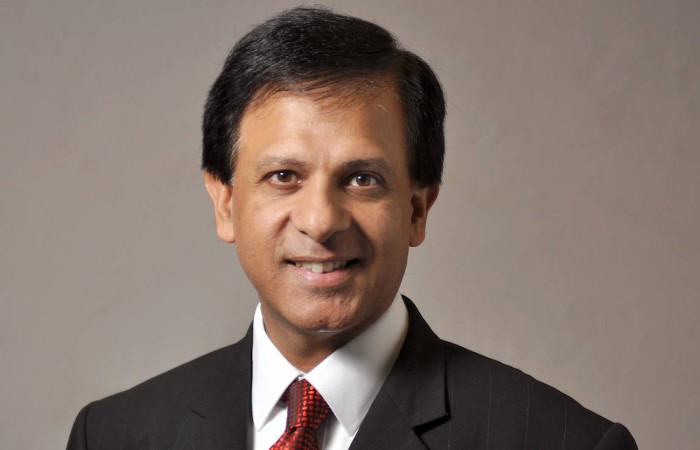GP and pharmacy contracts should be aligned, says ex-BMA council chair
In Profession news
Follow this topic
Bookmark
Record learning outcomes
Former British Medical Association council chair Chaand Nagpaul told a forum on the future of the NHS at the House of Commons yesterday that the general practice and community pharmacy contracts should be aligned.
Nagpaul (pictured) said it was “non-sensical” that patients can go to a pharmacist for a condition that can be managed by a GP and insisted pharmacy and general practice was working in a “disjointed way”.
The event, sponsored by Sigma Pharmaceuticals, drew leading figures from general practice, pharmacy, nursing and other health professions and was also attended by officials from NHS England.
Some within pharmacy believe aligning the two contracts would go some way to solving the competitive friction that has existed between the professions in recent years, notably the controversial posters carried by some practices dissuading patients from going to pharmacy for their flu vaccines.
When asked if he thought the contracts should be aligned, Nagpaul said: “Yes, I think it’s non-sensical that I’m a GP in my practice trying to manage high blood pressure and the same patient can go to a pharmacist and in a disjointed way, see a pharmacist for that same problem.
"We need to get that right and some of the contracts should be joint in my view for certain types of pathways of care.”
Community Pharmacy England chief executive Janet Morrison, who was also at the event, said: “The way our contracts are commissioned should be for collaboration, not competition.”
National Pharmacy Association chief executive Paul Rees said: “Sometimes, different healthcare contracts push people apart.”
It is not the first time calls have been made for NHS England to align the pharmacy and GP contracts. In 2015, the National Association of Primary Care said the contracts needed to be “aligned” if pharmacists were to effectively alleviate the pressure on GPs.
However, Nagpaul insisted poor NHS IT systems had made it very difficult to achieve smooth collaboration between GPs and pharmacists.
“We need to have systems but to get that systems correct and working, you need to have interoperability and the NHS’s IT system is woefully deficient,” he said.
He used Pharmacy First to illustrate how below-standard IT has led to poor communication between GPs and pharmacists in some parts of England.
“We have something called Pharmacy First where a patient can go for seven conditions. When they go to that pharmacist, what they enter does not come back to the GP record automatically,” he said.
“We have to try and transpire that information into our system. When a patient has a flu jab in a community pharmacy, that flu jab doesn’t sit into the GP record, so we can’t population manage which patients need a flu jab.
“We’ve had situations where we’ve given flu jabs to a patient who has not remembered they’ve already had it in a pharmacy. So, in fact, we have a system that’s just not collective in its approach.”

